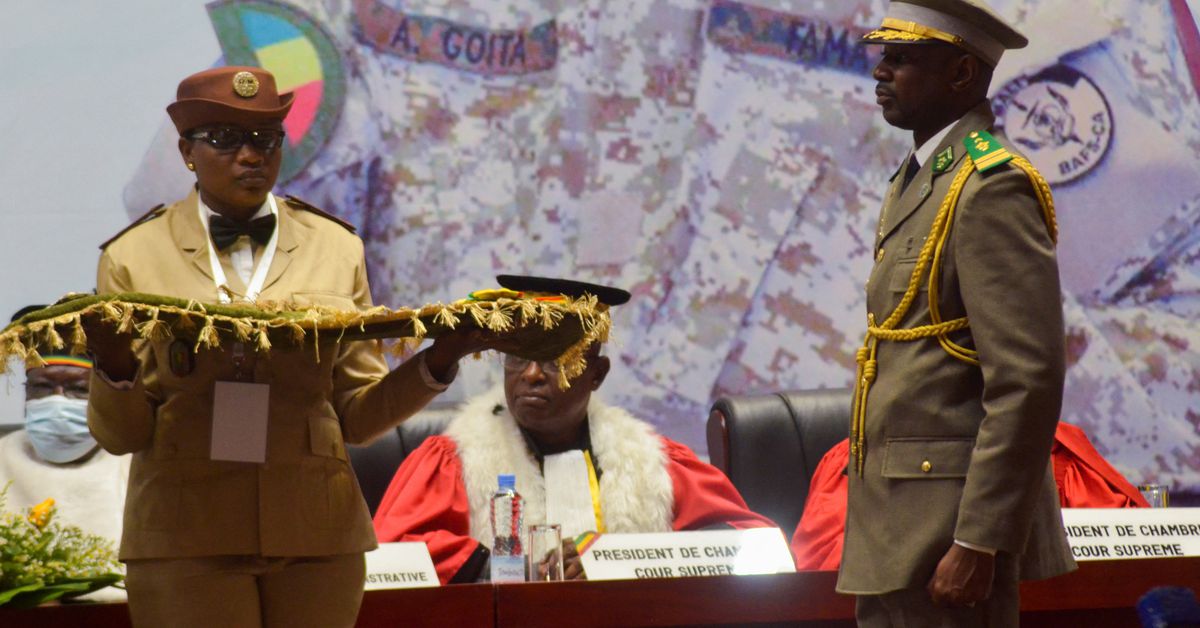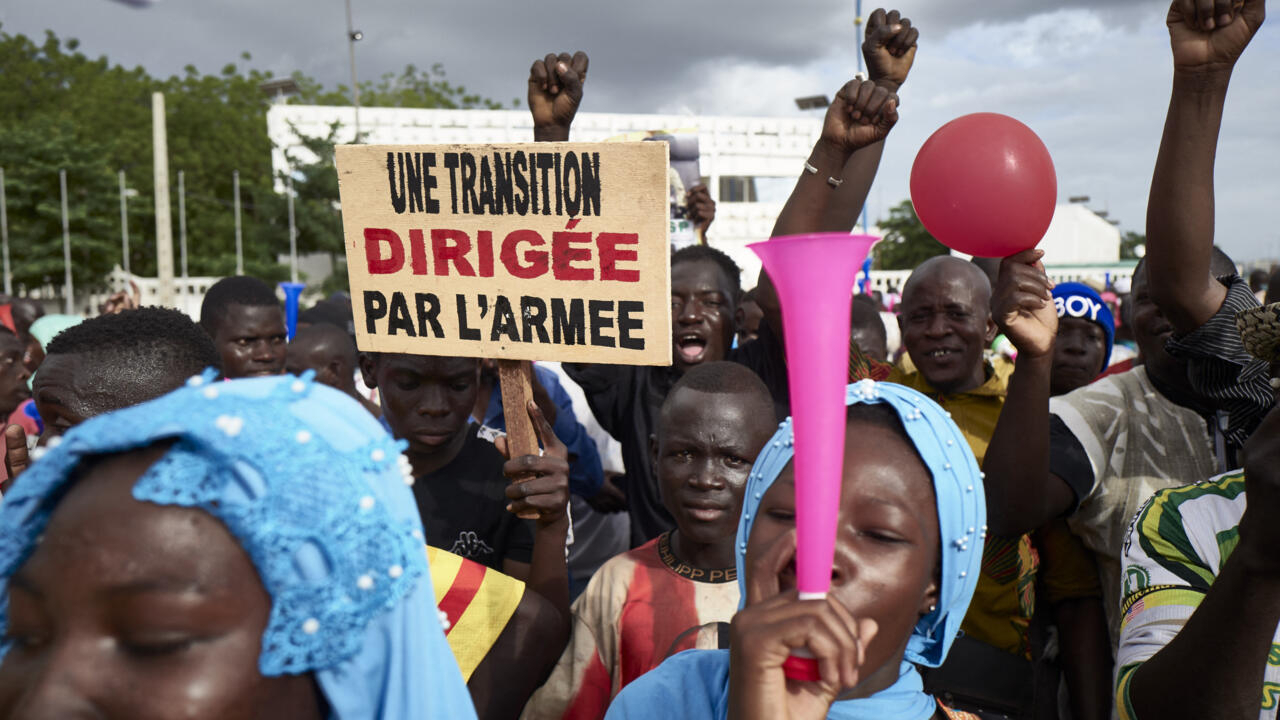Mali’s Military Holds Constitutional Referendum Amidst Political Turmoil
Mali has emerged as one of the hotspots of political turmoil in Africa. After the ouster of President Ibrahim Boubacar Keita, a power vacuum led the country’s military to stage a coup d’état in August 2020. Following a transitional government, Mali’s military has proposed a constitutional referendum that aims to enshrine the role of the military in the country’s governance. The referendum has sparked concerns over the future of democracy in Mali and its impact on regional stability. This article provides an overview of the situation, examining the events leading to the constitutional referendum and its implications.
The Political Crisis in Mali

Mali, a landlocked country in West Africa, has struggled with political instability since its independence from France in 1960. However, the country’s crisis has intensified in recent years due to a combination of internal conflict, economic crises, and political turmoil. In 2012, a Tuareg-led separatist movement sparked a rebellion in northern Mali that led to a coup and the takeover of the country’s northern region by Islamist extremist groups.
The Role of France in Mali
Following France’s military intervention in 2013, the country reclaimed its northern territory from the Islamist extremist groups. The conflict, however, has continued to simmer, resulting in the displacement of millions of Malians, the killing of civilians, and the proliferation of weapons in the region.
Political Turmoil in Mali

President Keita’s Downfall
In the midst of Mali’s ongoing political turmoil, President Keita was ousted by the military in August 2020, following months of protests over his handling of the conflict in the country’s north, his perceived corruption, and economic crisis. The coup sparked international condemnation, leading to Mali’s suspension from the African Union and the Economic Community of West African States (ECOWAS).
Transitional Government
Following the coup, a transitional government was established, with retired military officer Bah Ndaw appointed as president and civilian leader Moctar Ouane as prime minister. However, the military retained significant influence in the government, controlling key portfolios such as defense and security.
The Proposed Constitutional Referendum

Enshrining Military Role in Governance
Amidst the political uncertainty, Mali’s military has proposed a constitutional referendum that seeks to enshrine the role of the military in the country’s governance. The proposed constitution would give the military a permanent role in overseeing the country’s transition to democracy while strengthening its power over the government.
Concerns Over Democracy
The proposal has sparked concerns over the future of democracy in Mali, with critics accusing the military of undermining the country’s democratic institutions. Many fear that the proposed constitution would give the military too much power, leading to a return to authoritarianism and the suppression of dissent.
Implications for Regional Stability
The proposed constitution has also raised concerns over its impact on regional stability. Mali’s internal conflict has already spilled over into neighboring countries, destabilizing the region. The involvement of the military in governance could further complicate efforts to resolve the crisis, leading to greater insecurity and violence.
Conclusion

The political crisis in Mali has deepened following the military coup and the proposed constitutional referendum. The military’s bid to retain influence in the country’s governance has sparked concerns over the future of democracy in Mali and the stability of the region. While the outcome of the referendum remains uncertain, it is clear that Mali’s future hangs in the balance, and the international community must closely monitor the situation to prevent a further escalation of the crisis.
FAQ

What caused the political crisis in Mali?
The political crisis in Mali stems from a combination of internal conflict, economic crises, and political turmoil. The country has struggled with instability since its independence from France in 1960, but the situation has intensified in recent years.
What was the outcome of the military coup in Mali?
The military coup in Mali led to the ouster of President Ibrahim Boubacar Keita in August 2020. A transitional government was established, with retired military officer Bah Ndaw appointed as president and civilian leader Moctar Ouane as prime minister. However, the military retained significant influence in the government.
Why is the proposed constitutional referendum controversial?
The proposed constitutional referendum is controversial because it seeks to enshrine the role of the military in Mali’s governance. Critics accuse the military of undermining the country’s democratic institutions and fear that the proposed constitution would give the military too much power.
What impact could the proposed constitution have on regional stability?
The proposed constitution could further destabilize the region by complicating efforts to resolve Mali’s internal conflict. The involvement of the military in governance could lead to greater insecurity and violence, spilling over into neighboring countries.
What is the international community doing to address the crisis in Mali?
The international community has condemned the political crisis in Mali, leading to the country’s suspension from the African Union and the Economic Community of West African States (ECOWAS). The international community must closely monitor the situation to prevent a further escalation of the crisis.

